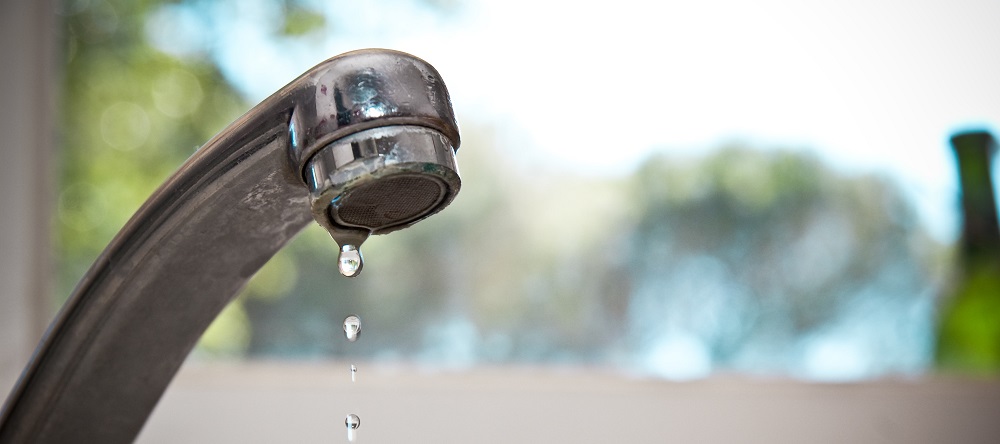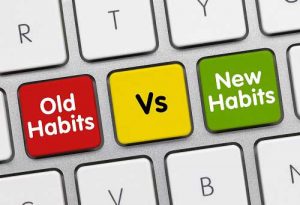
20 Jul Energy management 101
Energy management 101
We’re exploring ways of bringing our body’s energy systems back into balance. I want to share an Energy management 101 concept that’s probably made more of a difference in my life than just about anything else.
The energy balance sheet
This idea of the daily ‘energy balance sheet’ grew from a seed planted by Caroline Myss PhD in her Energy Anatomy teachings. This is not about number crunching to keep your accountant happy, this is looking at how much energy is going out each day, versus the amount brought back in.
Side note: I cannot recommend Caroline’s teachings highly enough to gain a deep understanding of our own energy system.
The choice we are faced with when we wake each morning is how to spend our energy store which is at 100%, until we clock off that night to go to sleep. Here’s an example:
- 30% goes to worrying about how we’re going to get today’s to-do list completed
- 20% is sent to a past event where we felt disempowered
- 10% is diverted to the people/places/events featuring on this morning’s news that ‘require’ us to be shocked/angry/sad
- 10% is sent off to the future to figure out how to pay for all the gifts required for the upcoming gift-giving season—and there’s always one right? If it’s not Easter, it’s Christmas!
- 10% is leaching out over a lost love
- 20% is available to power ourselves for the day.
Twenty percent. This is how much you’re leaving yourself to power your brain, heart, muscles, kidneys, liver etc.
Can you see how easily we give our energy away to things/people/events that don’t actually serve us in the moment? We operate in energy deficit a lot of the time because we’re either looking back or looking forward. Our energy literally goes where we focus our attention, so is it any wonder we tie ourselves up in energetic knots.
Monitor your spending
Instead of letting your energy slowly drain out like a dripping tap, think about turning off the taps by examining where you’re spending your energy each day. You may want to take a week to monitor your daily energy expenditure by writing it down in your diary or journal each evening. The same way you might keep track of your financial expenses.
At this point don’t judge it, just observe what’s happening, and perhaps look at the patterns that are emerging.
At the end of the week, take stock. Sometimes asking yourself questions like these can help determine where your energy is ‘leaking’ to:
- Are you anxious about the state of whatever-the-heck was in the news today, rather than the parts of your life that are in your realm of control?
- Are there certain people you find it harder to say ‘no’ to than others?
- Are you investing more time in helping others achieve their goals than dedicating adequate time to your own?
- Do you find yourself re-telling the same tales of woe to anyone who’ll listen?
- Are you worrying more about what everyone else is doing, instead of focusing on your own backyard?
- Are you finding yourself ruminating about past events, or beating yourself up about decisions you’ve made that you can’t change?
Break the habit

- Pick one of your current energy expenditure habits.
- Now close your eyes and imagine getting to the end of your day without indulging in this habit. Does your body feel different?
By placing our attention on an area of our life where we wish to make changes, we automatically plant the seed for success. The thing to keep in mind with any new habit we’re cultivating, is to keep the goal in focus. Apparently it takes our brain 21 days to fully entrench a new habit within our subconscious mind. So keep at it.
Return often to the image in your mind’s eye, of a day without indulging in that old energy expenditure habit. If you need to, put it on a piece of paper and stick it in the fridge/pantry/bathroom cabinet.
Revisit and revise
To keep your energy in top shape, revisit your daily energy balance sheet often. Where can you make little changes to help divert your energy to yourSELF rather than sending it out to things that don’t serve you?
Talk to you soon!
Shelley McConaghy
Divine Balance®

Sorry, the comment form is closed at this time.